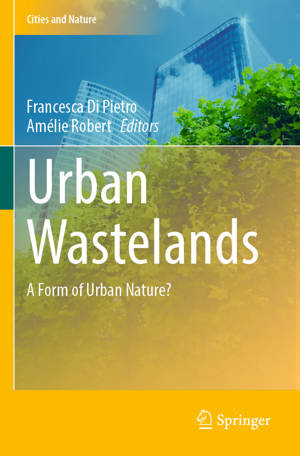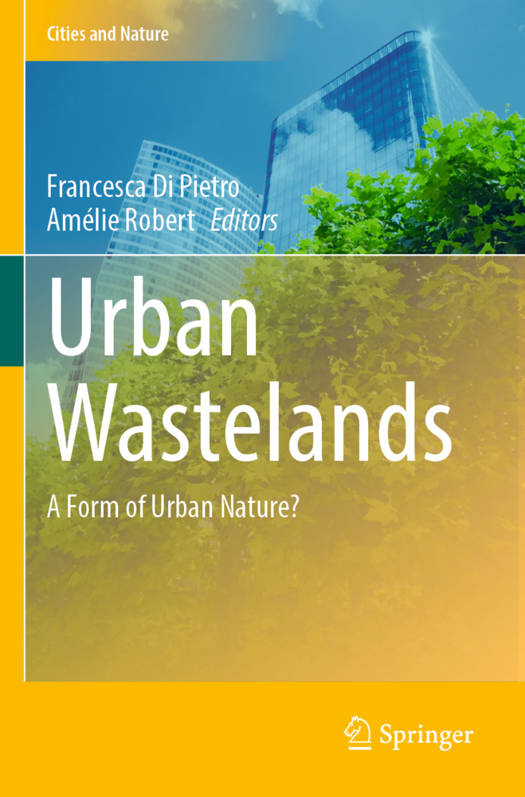
- Retrait gratuit dans votre magasin Club
- 7.000.000 titres dans notre catalogue
- Payer en toute sécurité
- Toujours un magasin près de chez vous
- Retrait gratuit dans votre magasin Club
- 7.000.0000 titres dans notre catalogue
- Payer en toute sécurité
- Toujours un magasin près de chez vous
Description
Faced with the growing demand for nature in cities, informal greenspaces are gaining the interest of various stakeholders - residents, associations, public authorities - as well as scientists. This book provides a cross-sectorial overview of the advantages and disadvantages of urban wastelands in meeting this social demand of urban nature, spanning from the social sciences and urban planning to ecology and soil sciences. It shows the potential of urban wastelands with respect to city dwellers' well-being, environmental education, urban biodiversity and urban green networks as well as concerns regarding urban wastelands' in relation to conflicts, and urban marketing. The authors provide a global insight through case studies in nine countries, mainly located in Europe, Asia and America, thus offering a broad perspective.
Spécifications
Parties prenantes
- Editeur:
Contenu
- Nombre de pages :
- 37
- Langue:
- Anglais
- Collection :
Caractéristiques
- EAN:
- 9783030748845
- Date de parution :
- 20-10-22
- Format:
- Livre broché
- Format numérique:
- Trade paperback (VS)
- Dimensions :
- 155 mm x 235 mm
- Poids :
- 733 g

Les avis
Nous publions uniquement les avis qui respectent les conditions requises. Consultez nos conditions pour les avis.





